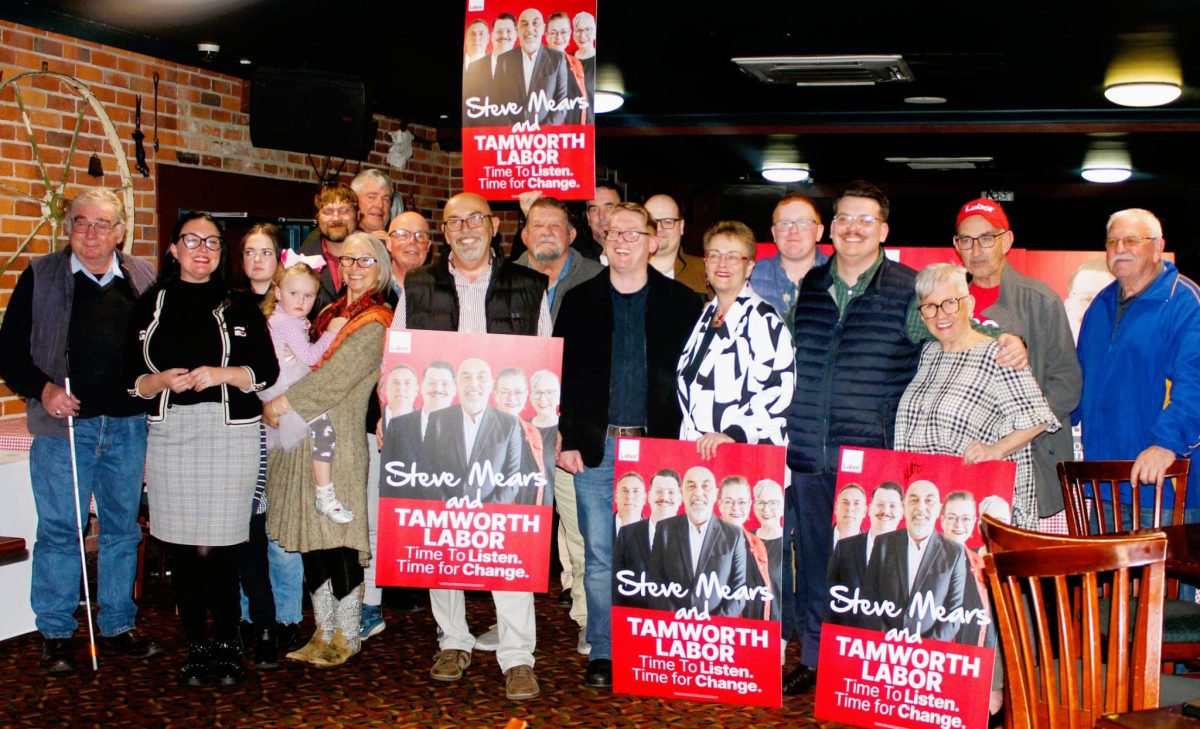When people think about how political decisions are made, it’s easy to imagine it all happening far away — in Canberra or Sydney — by people who seem removed from everyday life in country towns. But inside the Australian Labor Party, there’s a structure that makes sure ordinary members can influence policy from the ground up. It’s called the branch system — and it’s one of the most powerful democratic tools we have.
Local ALP branches are where ideas start. They’re made up of people from all walks of life — teachers, nurses, farmers, solicitors, tradies, students, and retirees — who come together to discuss issues, draft motions, and shape proposals that can travel all the way up through the party to become official Labor policy.
When a branch passes a motion, it can go to an electorate council, to a policy committee, then to the State Conference, and even to the National Conference. Along the way, it can gather support, attract attention, and influence the direction of the Party. That means a good idea from a Tamworth or Armidale branch member has the potential to reach the desks of ministers in Sydney or Canberra.
Importantly, Ministers and Members of Parliament are not distant figures in this process. They often attend branch meetings by invitation, to hear directly from members, share updates, and engage in discussion about issues that matter locally. These visits help ensure that decisions made at higher levels are informed by real experiences and insights from the ground — especially in regional communities where challenges can differ sharply from those in the city.
For country people, this process matters. Too often, regional voices are drowned out by city concerns. The branch system ensures that doesn’t happen. It gives local members a way to speak up about issues that really affect rural and regional communities — like teacher shortages, the cost of fuel, access to childcare, healthcare services, and investment in jobs outside the capital cities.
Labor even has a dedicated Country Conference which focuses on issues pertinent to regional and rural areas. The next one is being held in Orange in February.
It’s also a great way for people who care about their community to take part in the political process — not just by voting every few years, but by helping shape what Labor stands for. Many of the party’s proudest achievements — Medicare, universal superannuation, paid parental leave — began as ideas debated in local branches, refined through discussion, and championed by members who believed in something better.
In regional areas like ours, the branch system does more than make policy; it builds community. It brings people together, gives them a sense of belonging, and proves that politics isn’t something that just happens to us — it’s something we can shape ourselves.
And right now, this is more important than ever. With Labor holding government federally and in the majority of states and territories, the Party is in a commanding position to deliver lasting reform. But with that strength comes responsibility — to stay connected, to listen, and to make sure grassroots voices continue to shape the agenda. Strong local branches and active participation keep Labor grounded in the real-world experiences of the people it represents, especially in rural and regional Australia.
For anyone who’s ever looked at the headlines and thought “someone should do something about that,” the branch system is your chance to be that someone. Joining your local Labor branch is not just about politics — it’s about being part of a movement that listens, learns, and leads from the grassroots up.
Because in the Labor Party, real change doesn’t start in Parliament — it starts in places like Tamworth, Armidale, and Gunnedah, around tables where everyday people come together with big ideas.
I welcome you to participate.

Denise McHugh is an experienced educator in Tamworth. She is Chair of the NSW ALP Education and Skills Committee and Deputy President of the Independent Education Union (IEU).
Got something on your mind? Go on then, engage. Submit your opinion piece, letter to the editor, or Quick Word now.

